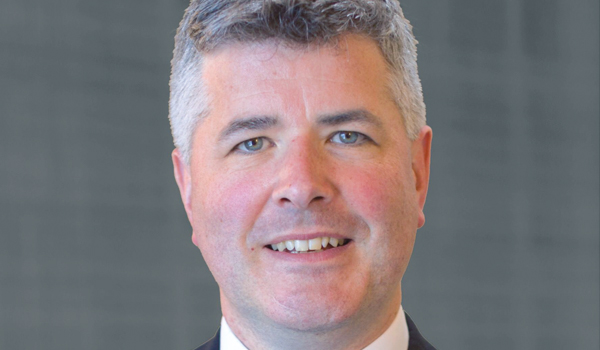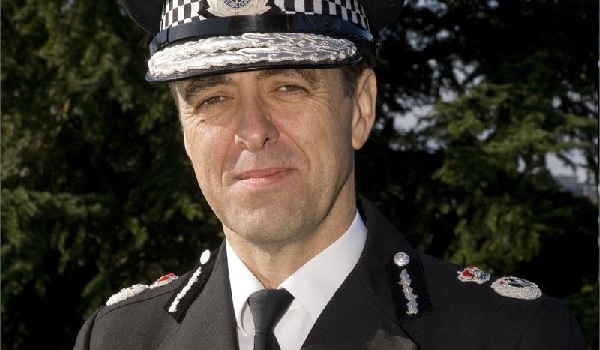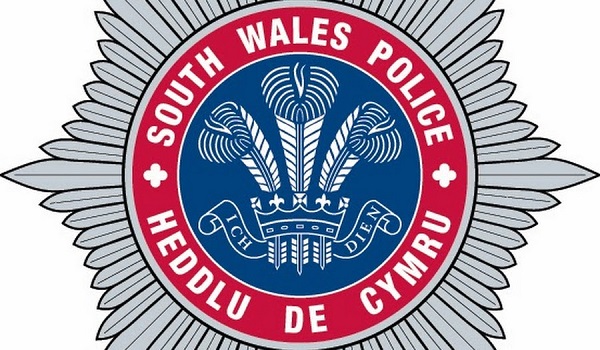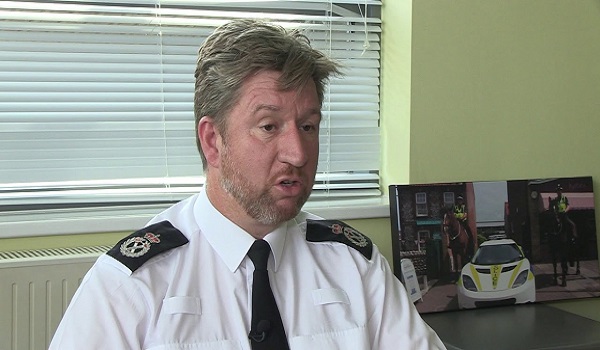SPF ‘completely opposed’ to plans to introduce Naloxone pilot
The Scottish Police Federation (SPF) says it is “completely opposed” to plans for a pilot project that will see officers from Police Scotland to carry an emergency antidote to treat drug overdose victims.
The nasal spray Naloxone counters the effects of overdoses from opioids such as heroin.
Viewed as a first-aid treatment, it can provide extra time for the ambulance service to arrive and take over emergency medical treatment.
A trial, which will run for six months in Glasgow East, Falkirk and Dundee, is being introduced in response to rising drug-related deaths in Scotland.
Latest available figures show there were 1,187 drug-related deaths in Scotland in 2018, the highest number since records began in 1996.
Figures from the National Records of Scotland indicate opiates/opioids were implicated in, or a potential contributory factor in, 86 per cent of drug-related deaths in 2018.
Carrying Naloxone will be voluntary, but all frontline officers of the rank of constable, sergeant and inspector within the pilot areas will be required to undertake a training and education session.
After the session, which will provide instruction on using the spray, officers will be asked to decide whether they wish to carry Naloxone and take part in the pilot project.
If they do, they will then be provided with personal issue supplies of Naloxone.
It is estimated about 700 officers will be trained to potentially take part in the scheme, with training expected to start in early 2021.
However, SPF chair David Hamilton said: “The SPF remains completely opposed to the carriage or administering of Naloxone by police officers.
“The number of drugs deaths in Scotland is a health calamity that needs urgent addressing, but sticky-plaster initiatives like these divert resources from tackling the underlying problem.
“As the detail of this pilot has unfolded it is increasingly clear that this is a public relations exercise and has nothing to do with saving lives.
“Nobody in the UK has died as a consequence of a police officer not carrying Naloxone, people have, however, died as a consequence of being given Naloxone.
“The stretching of the role of a police officer is a slippery slope and many could now fairly ask why we don’t carry ladders and hoses or even adrenalin, where more impactive lifesaving interventions could be made.
“Finally, to introduce this pilot in areas where Tier 3 Covid restrictions are needed to combat high community infection shows a wanton disregard for the health and safety of our police officers.”
Assistant Chief Constable Gary Ritchie, head of drug strategy for Police Scotland, said: “There has been a great deal of careful consideration given as to whether our officers should carry Naloxone as an additional piece of equipment and consultation has taken place with a range of partners through the Naloxone Delivery Steering Group.
“In doing so, it is hoped the testbed areas will show the value of our officers carrying this treatment as an extension to the existing extensive first-aid training already provided by the organisation.
“We are committed to being proactive in our approach to tackling problem drug use in our communities through harm reduction, as well as dispelling myths while upholding our ethos of keeping people safe in our local areas.”
He added: “This is one of the most significant test of change projects in modern policing in Scotland and could have a significant impact on the communities we serve.
“A full evidence-based evaluation of the test of change will be produced to inform any future decision whether Naloxone is rolled out to all officers.”
Police Scotland said it has instigated the pilot project as a result of ongoing work with organisations and third sector groups as part of a “holistic, sustainable approach” to tackling the issues relating to problematic drug use in Scotland.







